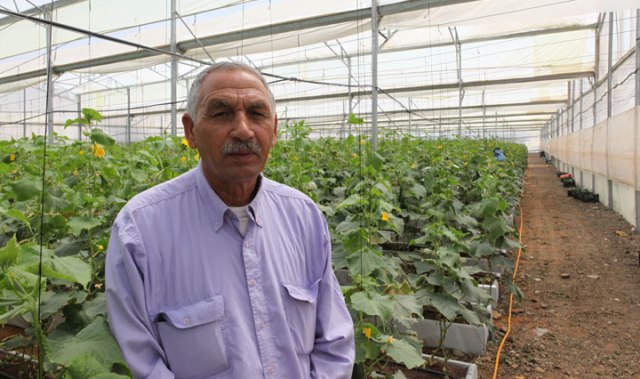The State of Israel sees the development of the Negev as one of its most important missions, and views the integration of the Bedouin in its expected prosperity as a vital part of this development. The necessary conclusion is that the issue of the Bedouin in the Negev must be finally resolved. This will allow the Bedouin to enjoy the many resources that are expected to be channeled into the area.
Israel has been trying to cope with the Bedouin issue for several decades. Many plans have been proposed and committees formed over the years, but they all reached a dead end, due to a great extent to the Bedouin’s traditional suspicion of authorities as well as ideological objections on the part of Bedouin activists. For example, in the 1970s, in an attempt to resolve the land problem, the State initiated a legal-judicial proceeding that allowed the Bedouins to submit land claims (there are currently 2,900 such claims).
Even though most of the Bedouins have no documentation to substantiate their claims to private or communal land ownership, as required under Israeli Law, the State of Israel decided to go beyond its legal obligations and to make – ex gratia – a comprehensive, fair and feasible arrangement to resolve the ownership status of the land and to promote settlement in permanent, regularized communities. This is based on a compromise between the legal situation and the long-term residence of Bedouin land claimants on the land parcels that they claim.
The Goldberg Committee (which was headed by former Supreme Court Justice Eliezer Goldberg and included two Bedouins out of the eight committee members) was established in December 2007. It recommended that Israel recognize the Bedouin's "historic affinity to the land," although it found that a "legal right…does not exist."
The committee also recommended that a comprehensive plan be formulated that would resolve all aspects of the issue of the Negev Bedouin as well as strengthen the means of law enforcement.
Following the recommendations of the Goldberg Committee, an implementation team was set up, headed by Ehud Prawer, head of the Policy Planning Division at the Prime Minister’s Office. The team’s
recommendations were approved by the government on 11 September 2011.
It was also decided to conduct a special active public hearing with the Bedouin and other relevant parties. A team headed by then-Minister Ze'ev Binyamin (Benny) Begin held dozens of meetings with hundreds of Bedouin, including private individuals, groups and organizations over a three-month period.
Begin’s team submitted its report and recommendations to the government on 23 January 2013. On 6 May 2013, the government fully adopted the Begin report that outlined the recommended policy and also the new bill, as amended by the Begin team.
The policy adopted by the government following the Goldberg Committee's recommendations and the Prawer-Begin plan includes an integrated solution of all aspects of the Bedouin issue in the Negev, the main points of which are:
- Socio-economic development of the Bedouin population in the Negev;
- Full and final settlement of the status of the land, to be formalized through a law;
- A plan to settle all of the Bedouins scattered in the Negev – not only those with land claims – in existing regularized communities; in existing non-regularized communities which will be planned and recognized; or in new communities which will be built in consultation with the Bedouin and will provide for their housing needs until at least 2035.
It has been decided that this strategy will be carried out while engaging the Bedouin in an open and transparent dialogue and involving them in the planning on the ground.
 Ahmed Al-Karnawi in his greenhouse in Rahat in the NegevAs part of the Israeli government's efforts to reduce Bedouin unemployment, he and other Bedouin have received government plots to set up small agricultural businesses. Al-Karnawi cultivates roses (which he exports abroad) and vegetables. (Copyright: MFA free usage)
Ahmed Al-Karnawi in his greenhouse in Rahat in the NegevAs part of the Israeli government's efforts to reduce Bedouin unemployment, he and other Bedouin have received government plots to set up small agricultural businesses. Al-Karnawi cultivates roses (which he exports abroad) and vegetables. (Copyright: MFA free usage)